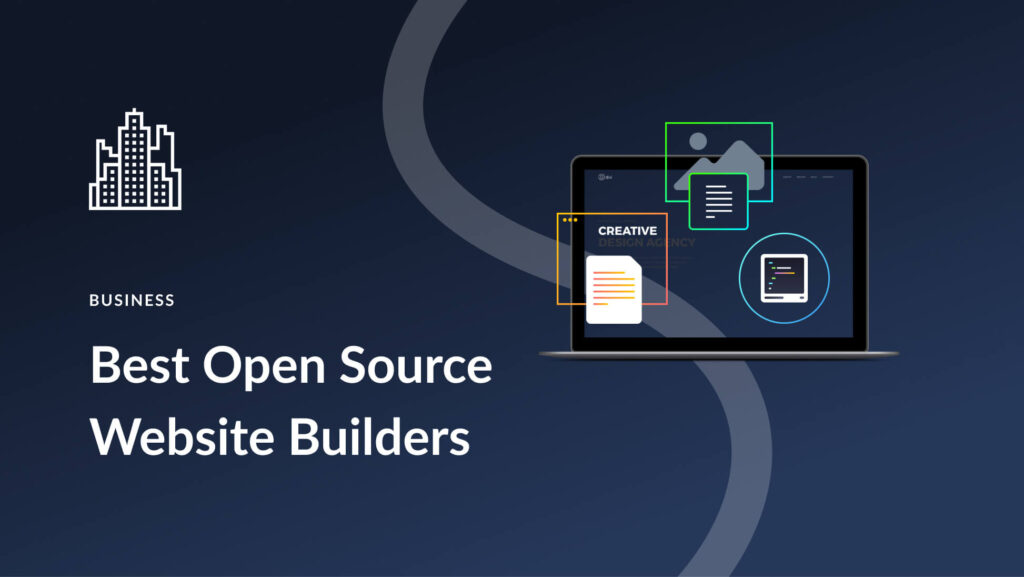Open-source website building tools offer unmatched flexibility and freedom for developers and businesses. Unlike proprietary platforms, open-source tools provide access to source code, enabling customization, scalability, and control.
Benefits of Open-Source Website Builders
- Cost Efficiency: Many tools are free, requiring payment only for hosting or premium add-ons.
- Customization: Full access to source code allows unique, tailor-made designs and functionality.
- Community Support: Large developer communities provide support, plugins, and continuous updates.
- Scalability: Suitable for small projects or enterprise-level websites.
Popular Open-Source Website Building Tools
- WordPress.org
- Overview: Powers over 40% of websites globally.
- Key Features:
- Thousands of plugins and themes.
- Strong SEO capabilities.
- Easy integration with third-party tools.
- Best For: Blogs, small businesses, and e-commerce.
- Joomla
- Overview: A versatile CMS for building dynamic websites.
- Key Features:
- Advanced user management.
- Multi-language support.
- Extensive template options.
- Best For: Developers and users with intermediate technical skills.
- Drupal
- Overview: Known for its robust security and scalability.
- Key Features:
- Highly customizable content management.
- Ideal for large, complex websites.
- Enterprise-grade performance.
- Best For: Government and enterprise-level sites.
- Ghost
- Overview: A modern CMS focused on publishing and blogging.
- Key Features:
- Minimalistic design for content creators.
- Built-in SEO and analytics tools.
- Optimized for speed and simplicity.
- Best For: Bloggers and online publications.
- Grav
- Overview: A flat-file CMS for lightweight and fast websites.
- Key Features:
- No database required.
- Highly modular architecture.
- Easy deployment and maintenance.
- Best For: Simple sites or developers seeking fast-loading solutions.
- Magento Open Source (Adobe Commerce)
- Overview: A robust platform for e-commerce.
- Key Features:
- Advanced product management.
- Multi-store capabilities.
- Scalable for large catalogs.
- Best For: E-commerce businesses with technical expertise.
Considerations When Using Open-Source Tools
- Technical Knowledge: Many platforms require some coding skills for advanced customization.
- Hosting Requirements: You’ll need a reliable hosting service to ensure optimal performance.
- Security: Regular updates and maintenance are essential to prevent vulnerabilities.
- Learning Curve: Some tools may require time to master, especially for beginners.
Conclusion
Open-source website building tools are a powerful choice for those seeking customization, scalability, and control over their websites.
Whether you’re creating a simple blog or an enterprise-level platform, these tools provide the flexibility to make your vision a reality.
Would you like to explore a deeper comparison of hosting options or examples of successful open-source-built websites?

